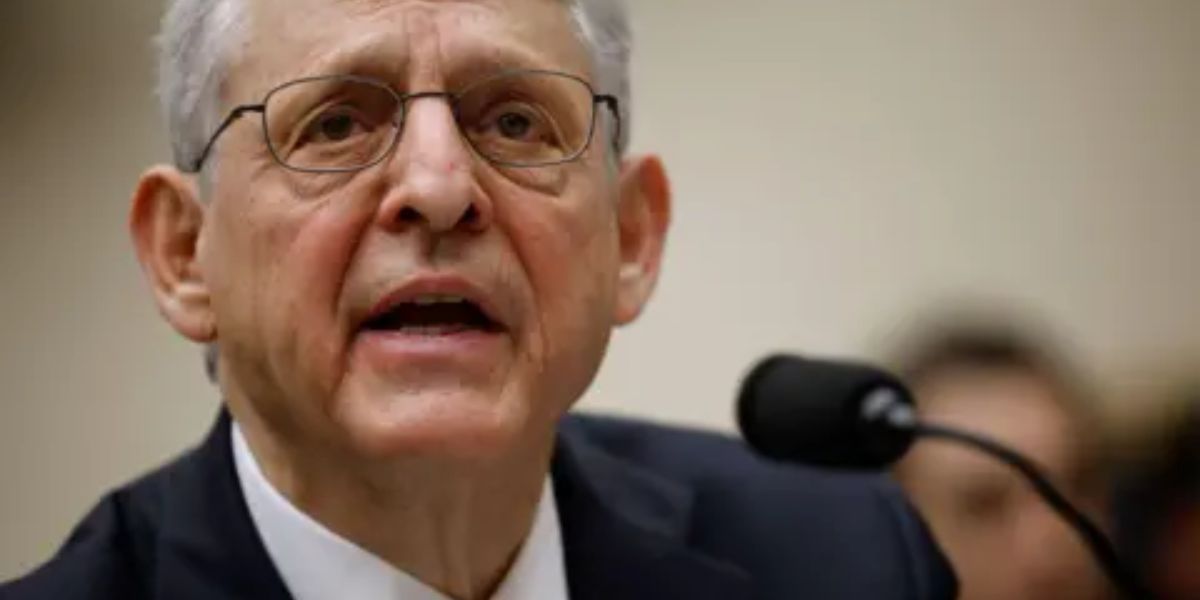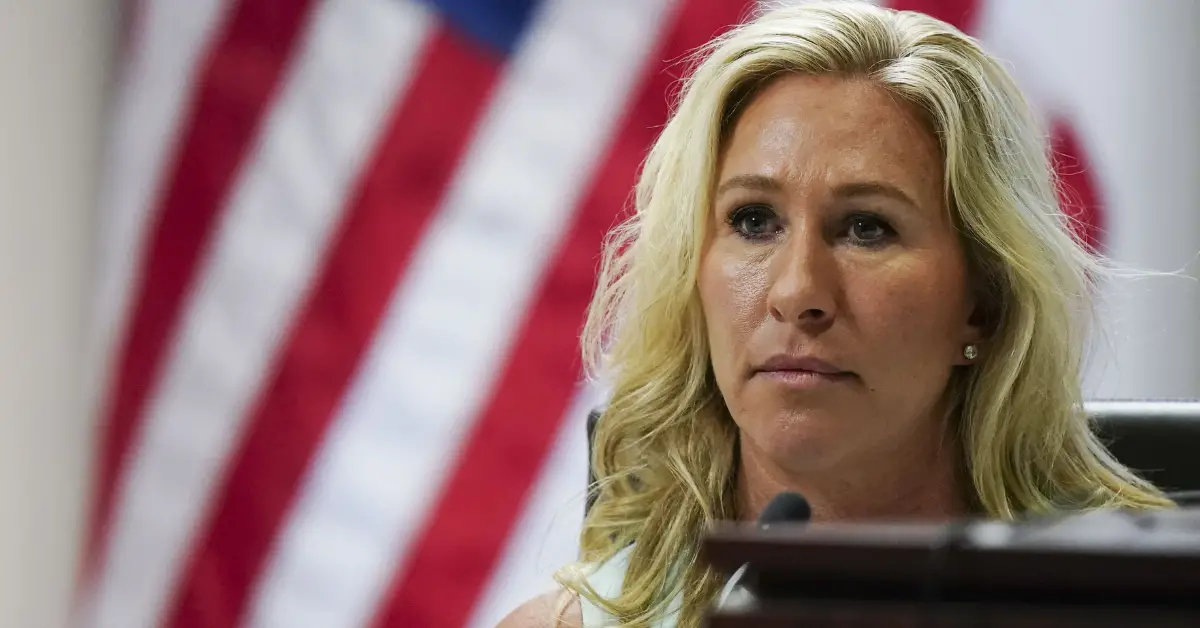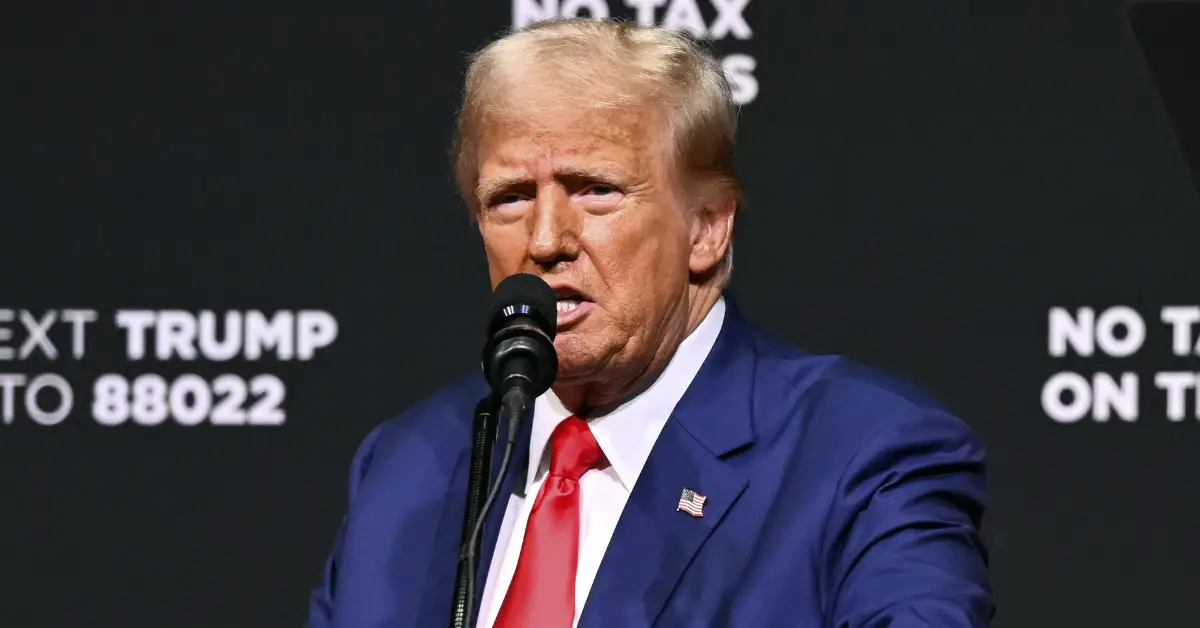The Justice Department has declined to pursue a criminal case against Attorney General Merrick Garland, two days after House Republicans voted to hold him in contempt for violating a legislative subpoena for President Biden’s audiotapes.
Prosecutors claim Garland has a legal shield against prosecution since Biden invoked executive privilege over the audio last month. The decision indicates that the case is now closed.
That is consistent with how the Justice Department handled two prior cases in which congressional majorities sought contempt resolutions against Garland’s predecessors, Attorneys General Eric Holder and Bill Barr.
“Consistent with this longstanding position and uniform practice, the Department has determined that the responses by Attorney General Garland to the subpoenas issued by the Committees did not constitute a crime, and accordingly the Department will not bring the congressional contempt citation before a grand jury or take any other action to prosecute the Attorney General,” Carlos Uriarte, the assistant attorney general, wrote in a letter sent to Speaker Mike Johnson.
Garland expressed dismay with the June 12 vote, which was primarily along party lines, stating that the House of Representatives “turned a serious congressional authority into a partisan weapon.”
“Today’s vote disregards the constitutional separation of powers, the Justice Department’s need to protect its investigations, and the substantial amount of information we have provided to the Committees,” Garland stated.
The recordings include hours of talks between Biden and a special counsel looking into how secret information ended up at Biden’s home and academic office. That prosecutor, Robert Hur, concluded the investigation with no charges, arguing that jurors would see Biden as a “sympathetic, well-meaning elderly man with a poor memory.”
The Republican-controlled House Judiciary and Oversight Committees ordered audiotapes of the Biden interviews. The Justice Department delivered written transcripts and contact with Biden’s counsel. Hur also spoke before lawmakers for around five hours. But the DOJ refuses to provide over the recordings.
Garland told reporters that releasing the tapes could inhibit future cooperation with sensitive White House investigations, and that Congress had no “legitimate” legislative justification to obtain them. Lawyers from the Justice Department’s Office of Legal Counsel agreed.
However, House Speaker Mike Johnson, R-La., stated “it is up to Congress—not the executive branch—to determine what materials it needs to conduct its own investigations and there are consequences for refusing to comply with lawful congressional subpoenas.”
The conservative Heritage Foundation and numerous media organizations have launched a separate lawsuit to obtain access to the Biden audiotapes. However, it is unclear whether the lawsuit will be resolved before the presidential election in November.
Source: npr.org




